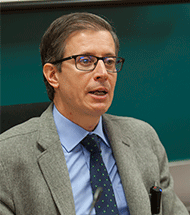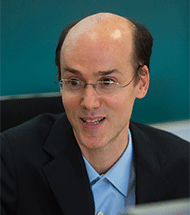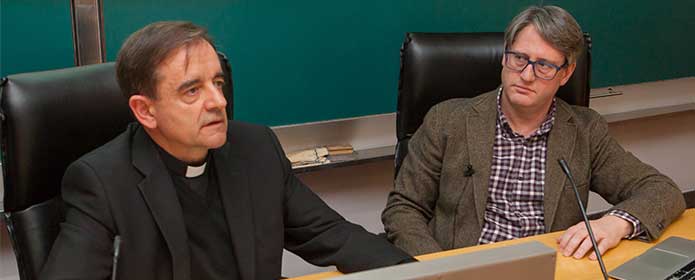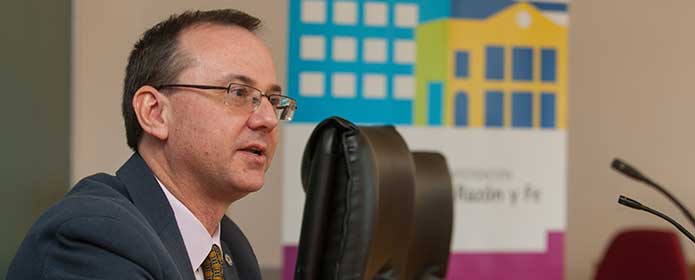3 keys that the Shroud of Turin brings to the academic world
The expert José Fernández Capo offered at the University of Navarra some lessons that enrich the dialogue between science and faith in current debates.

"A new synthesis between faith and reason is taking place; it is worth using scientific and experimental language to do theology; the multidisciplinarity is not an option, it is necessary to understand the world; and it is convenient to widen the limits of rationality, since scientific reason alone is not enough to give answers to the great questions that man asks himself". These three ideas are, according to the expert José Fernández Capo, keys that the study of the Shroud of Turin brings to the academic world. His words are framed in the December seminar of the group 'Science, Reason and Faith' of the University of Navarra, graduate "The Shroud of Turin: between science and faith".
During the session, Fernandez Capo also reviewed three important moments in the history of the Shroud of Turin from which to draw lessons valid for scientists, philosophers and theologians, serving to enrich the dialogue between science and faith in current debates. The first of them in 1933, with the article written by Peter Rinaldi for "The Sign"; the second in 1976, with the initiative of the American John Jackson, who analyzed the depth and relief of the photos using a VP8 machine; and the third, still to be determined, which will be given if it becomes clear whether it is a false relic or if it is really the cloth that wrapped the corpse of Christ.
"The great thing about the Shroud is that it has overcome the barriers of confessionalism."On the possibility that it is a work of art from the Middle Ages, as has been said, the speaker raised a question: "how is it possible that the medieval people were able to make something that we have not been able to reconstruct? On the other hand, he pointed out that, even if it is affirmed that it is authentic, the Shroud will never be a conclusive test to affirm the resurrection of Jesus. That is, "there will always be the freedom to say 'I do not believe in the resurrection'. But the great thing about the Shroud is that it has overcome the barriers of confessionalism. The discussion has constant contributions".
The speaker, José Fernández Capo, holds a PhD in Veterinary Medicine from the Autonomous University of Barcelona. He completed a General Administration program at IESE in 2014 and has dedicated much of his professional activity to teaching and training of young people. She has been director of two colleges and taught teaching in different schools and at the university, both in Madrid and Barcelona. He has studied for years the research carried out with the Shroud of Turin and has given several conferences on the topic.




